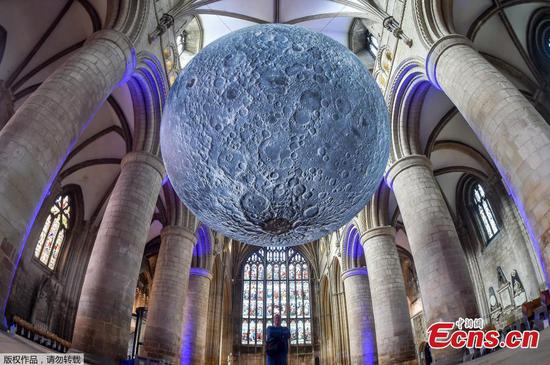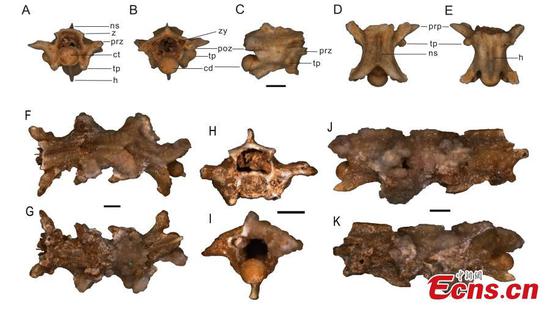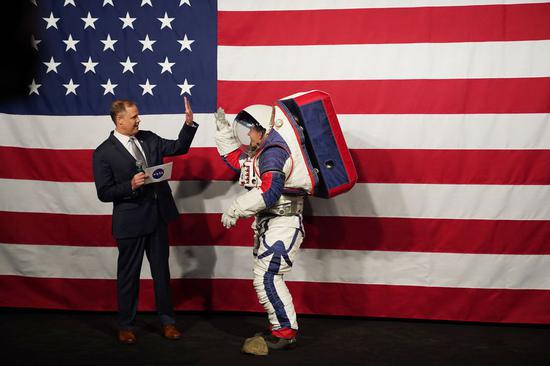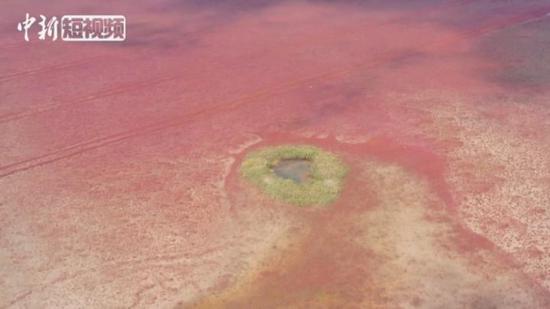The U.S. space agency NASA denied a recent claim made by its former scientist that the alien life had been found on Mars over 40 years ago.
It came after Gilbert Levin, once the principal investigator on a NASA experiment that sent Viking landers to Mars in 1976, published an opinion article in the journal Scientific American last Thursday, arguing that a microbiological experiment on the Viking mission showed the evidence of life, but it went unnoticed by NASA.
A NASA spokesman told Xinhua on Wednesday in an email that "the collective general opinion of the large majority of the scientific community does not believe the results of the Viking experiments alone rise to the level of extraordinary evidence," as NASA maintains that "extraordinary claims require extraordinary evidence."
The experiment called the Labeled Release (LR) placed nutrients in Mars soil samples, assuming that if life were present, it would consume the food and leave carbon dioxide traces.
"On July 30, 1976, the LR returned its initial results from Mars," Levin wrote in the op-ed. "Amazingly, they were positive."
Levin made a similar claim in 1997 and NASA reviewed that data again in 2016. The agency concluded then that the experiment did indicate metabolism, but the other two Viking experiments did not find any organic molecules in the soil.
"The science team believed the LR data had been skewed by a non-biological property of Martian soil, resulting in a false positive," according to NASA.
In 2018, NASA's Curiosity rover reported evidence of methane with predictable plumes in the atmosphere of the Red Planet that may relate to biological origins, but it was not necessarily evidence of life itself, according to NASA.
"Although we have yet to find signs of extraterrestrial life, NASA is exploring the solar system and beyond to help us answer fundamental questions, including whether we are alone in the universe," said NASA spokesman Allard Beutel.


















































